EvCC Students Take Out the Trash
A few weeks ago, a look at the streets of the neighborhoods closest to EvCC would draw disgusted responses from anyone driving or walking through them. Soggy paper clogged drains, empty bottles and fast-food bags littered the gutters, and cigarette butts were plastered on the sidewalks, stamped firmly into the pavement by neighbors out for a stroll.
Now those same streets are a little bit cleaner, thanks to some enthusiastic and environmentally-minded students from EvCC.
They called it the “Trash Mob.” Their goal: to clean up the litter in the neighborhoods surrounding EvCC’s campus. Born out of the combined minds of Chantele Machado, Kain Jungquist, Larry Rosario, Morgan Lajoie, Taylor Pesce and Preston Merkel for their Small Group Communication class, the “Trash Mob” started as a project to make North Everett a little cleaner.
“I hate litter. It’s the number one thing that’s easily preventable,” explained Chantele Machado, a member of the group. “Some of the neighbors had written letters to the school about the trash piling up.”
So the students decided to take the matter into their own hands. They began planning the event approaching the Northwest Neighborhood Association, school officials, and Administrative Services Manager Molly Beeman for guidance and advice. The school provided plastic bags and gloves, Safeway and Starbucks provided snacks, and slowly but surely volunteers began to sign up.
Finally, after struggling to find an area to clean up, enough volunteers to help, and hoping against all that the rain might take a break for at least a few hours, the Trash Mobbers—along with around 20 volunteers—hit the streets. After two hours of hard work, they headed back to EvCC with 15 bags of trash in tow.
Overall, the Trash Mob was successful, not just in cleaning up the streets but in repairing the school’s relationship with the neighborhoods surrounding it, where students often park during the day and sometimes leave their own trash; fast food wrappers, or cigarette butts.
“Every single group had someone in the neighborhood say ‘thank you,’” recalled Machado. “We know that students make a mess, so we’re cleaning that back up.”

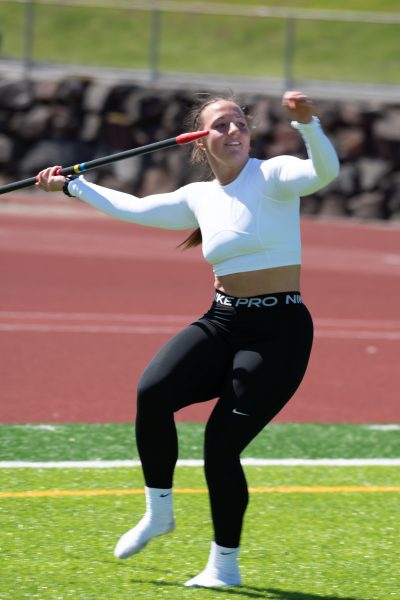

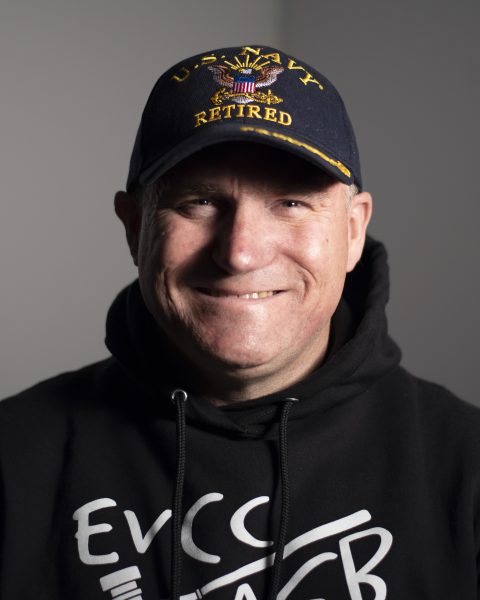
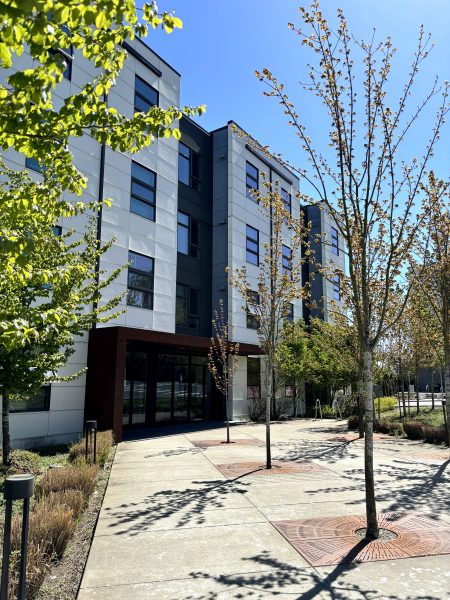

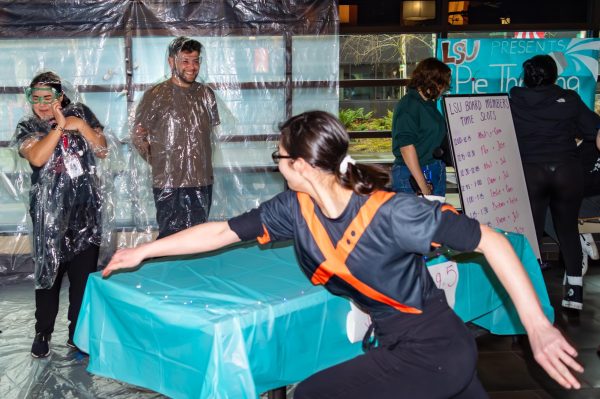
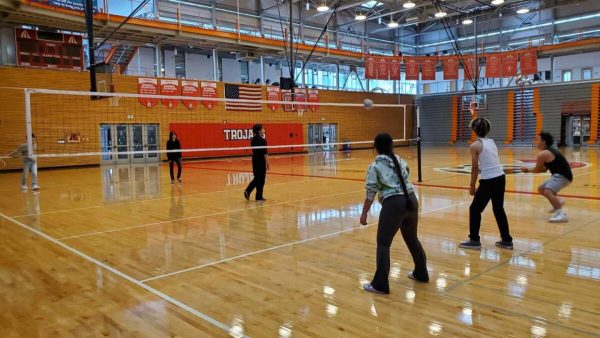
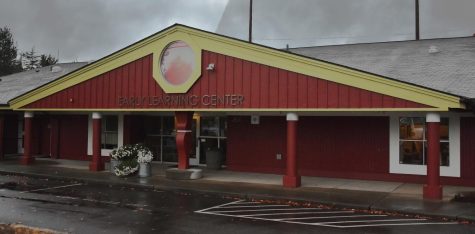
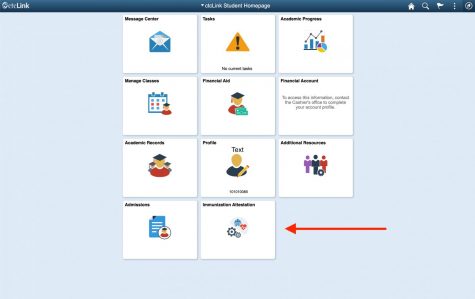



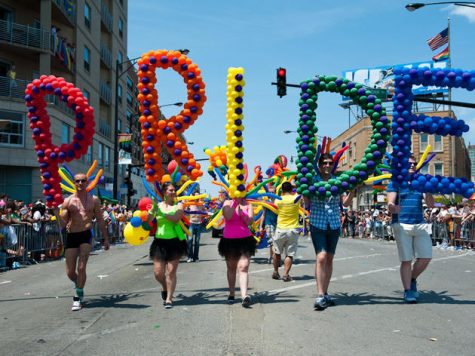
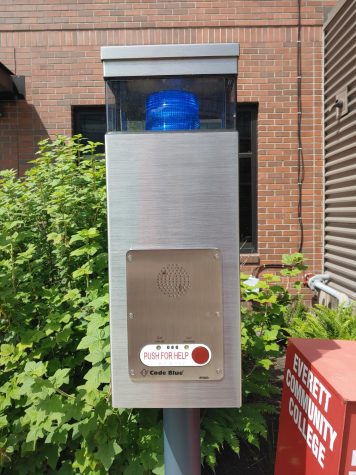
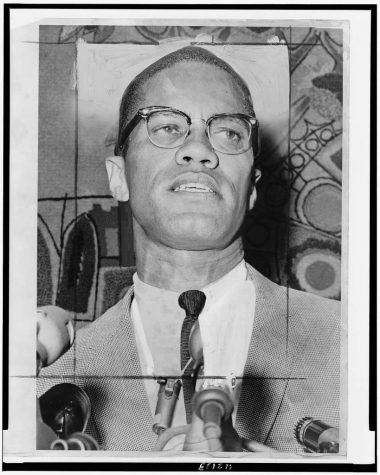
Krista McKee • Mar 11, 2015 at 2:05 pm
As a neighbor, Whittier El parent, and avid volunteer, THANK YOU for stepping up and doing this! I hope you know how much pride this brings to everyone involved. You are the kind of neighbors I want. Thank you EVCC students for being good neighbors.
On another note, the hospital should take note of what you’ve done. Some of their property is getting pretty bad.